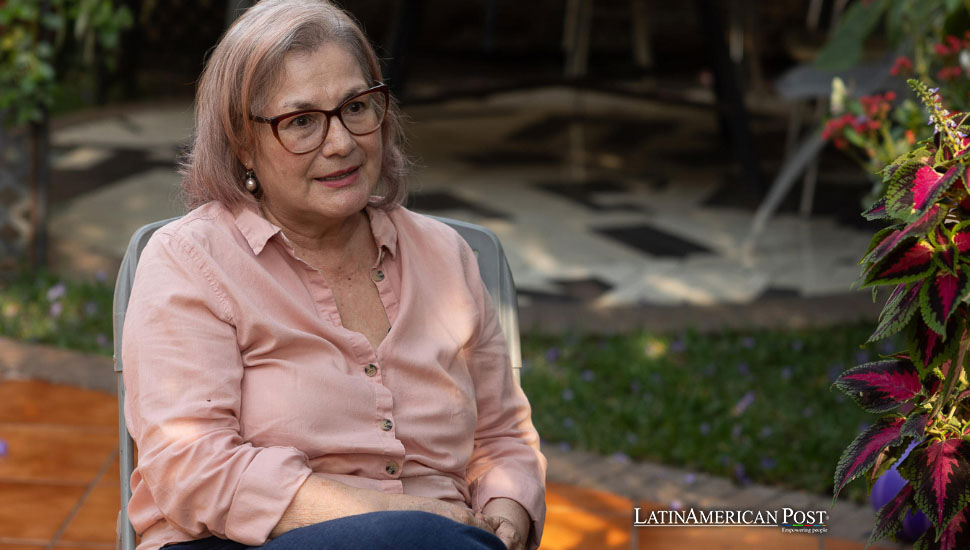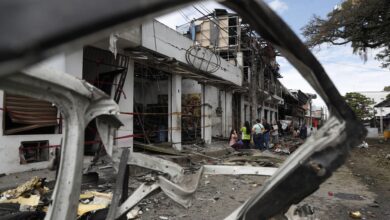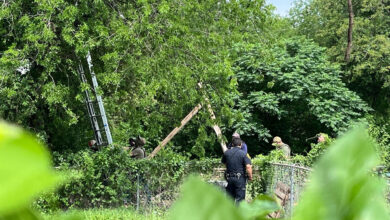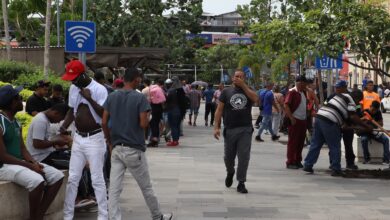The Plight of Guatemala’s Exiled Journalists

The precarious situation of journalists forced to flee Guatemala, despite recent political changes, exposes the broader struggle for press freedom in Latin America, revealing systemic issues that continue to undermine democratic principles and silence critical voices.
Challenges of Press Freedom in Guatemala
In Guatemala, the echoes of journalists fleeing their homeland under the shadow of persecution resonate across Latin America, shedding light on the fragile state of press freedom. Evelyn Blanck, a staunch advocate for free speech and coordinator of Centro Civitas, highlights the dire circumstances these exiled media professionals face. Despite the optimistic political shift with President Bernardo Arévalo de León’s administration, the conditions for their safe return remain elusive.
Blanck’s concern is not unfounded. Over the past four years, political persecution has driven more than twenty Guatemalan journalists into exile, including mothers separated from their children and many struggling to continue their journalistic work abroad. This departure, often funded by emergency grants lasting only a few months, underscores the severe financial and emotional toll on these individuals.
The phenomenon is not isolated to Guatemala. Across Central America, similar narratives unfold, revealing a lack of comprehensive support for journalists facing political backlash. According to Red Rompe El Silencio, 44% of these exiled Guatemalan journalists have ceased practicing their profession, with many seeking refuge in the United States, Mexico, Costa Rica, and other countries.
Escaping Persecution: A Regional Crisis
This crisis transcends national borders, echoing in the stories of Salvadoran and Nicaraguan journalists who, like their Guatemalan counterparts, find themselves unable to return home. The plight of prominent Guatemalan journalists like Juan Luis Font and Michelle Mendoza, who sought safety in exile, further illustrates the region’s grim reality.
While the new Guatemalan administration acknowledges the press’s role, its limited influence against entrenched judicial and prosecutorial corruption remains a significant hurdle. Blanck perceives Arévalo de León’s presidency as a fleeting breath of fresh air, contrasting sharply with the open contempt for media under his predecessors, Alejandro Giammattei and Jimmy Morales.
Guatemala’s judicial system, particularly under Consuelo Porras Argueta’s leadership, has been notoriously hostile toward journalists. The case of José Rubén Zamora Marroquín, an internationally recognized journalist detained shortly after criticizing Giammattei’s inner circle, exemplifies the ongoing challenges. Though Zamora Marroquín has seen improved detention conditions under Arévalo de León, his prolonged incarceration without a fair trial epitomizes the broader struggle for press freedom and justice in Guatemala.
Guatemala’s situation is a microcosm of the more significant issues facing Latin American media. In countries like Mexico and Colombia, journalists regularly confront threats, violence, and legal intimidation, reflecting a regional pattern where press freedom is perpetually at risk. The impunity surrounding attacks on journalists and the systemic efforts to silence dissenting voices undermine democratic values, fostering an environment where corruption and abuse of power flourish unchecked.
Call for International Solidarity
The plight of these journalists is more than a national issue; it’s a stark reminder of the ongoing battle for democracy and free speech across Latin America. Their stories, marked by resilience and a relentless pursuit of truth, highlight the need for international solidarity and a concerted effort to protect press freedom as a fundamental human right.
Also read: Guatemala’s Long Road to Justice as Soldiers Finally Convicted for 2012 Indigenous Massacre
The continued exodus of journalists from Guatemala and the broader region underscores a critical challenge facing Latin American democracies. The ability of journalists to work without fear of persecution or exile is paramount to the health of any democratic society. As Latin America grapples with these issues, the international community must remain vigilant, supporting those who raise their voices against tyranny and strive for a free, informed society.




